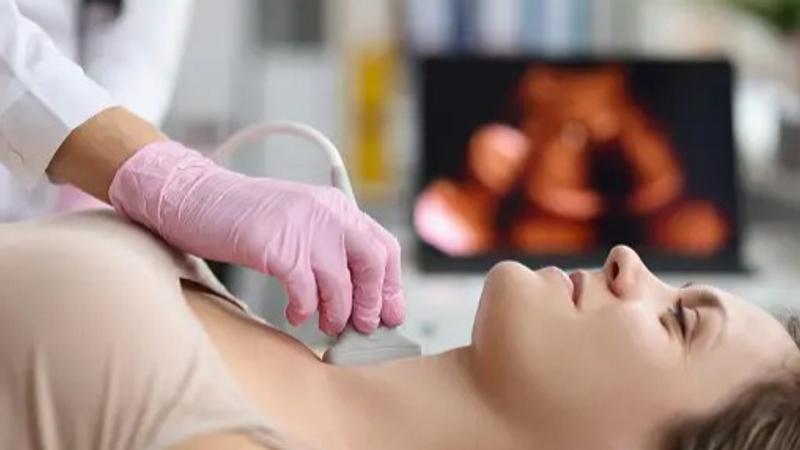Published 17:10 IST, June 19th 2024
Tooth Loss And Chronic Kidney Disease Linked In Postmenopausal Women
In postmenopausal women, kidney function tends to decline over time due to decreased levels of reproductive hormones.

Postmenopausal women | Image:
Unsplash
- Listen to this article
- 2 min read
Advertisement
17:10 IST, June 19th 2024



